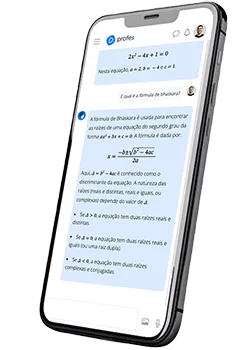An infinitive will almost always begin with to followed by the simple form of the verb. Basically, an infinitive verb is a verb with the word “to” in front of it.
When you use an infinitive verb, the “to” is a part of the verb. It is not acting as a preposition in this case. And the verb is always just the verb: no -ed, no -ing, no -s on the end.
2. How to use an Infinitive verb in a sentence
As the subject of a sentence
- To get good mark is not easy.
- To choose time is to save time.
- To read without reflecting is like eating without digesting.
Like an adjective or adverb phrase that expresses purpose or intent
- My instruction is to read this book before sleeping.
Following an indirect object
- She asked me to do the task.
- She told my Mom to wake me up.
LIST OF VERBS FOLLOWED BY INFINITIVES
VERB + INFINITIVE
- agree
- aim
- afford
- appear
- arrange
- ask
- care
- choose
- claim
- consent
- dare
- decide
- decline
- demand
- deserve
- desire
- expect
- fail
- guarantee
- happen
- hope
- intend
- know
- learn
- manage
- need
- offer
- plan
- pledge
- prepare
- pretend
- promise
- refuse
- resolve
- seem
- tend
- struggle
- swear
- volunteer
- wait
- want
- wish
- would like
VERB + INFINITIVE OR GERUND
List of verbs can go with infinitives or gerunds.
- attempt
- begin
- can/can’t bear
- can/can’t stand
- cease
- continue
- forget
- go on
- hate
- like
- love
- neglect
- prefer
- regret
- propose
- remember
- see
- start
- stop
- try



